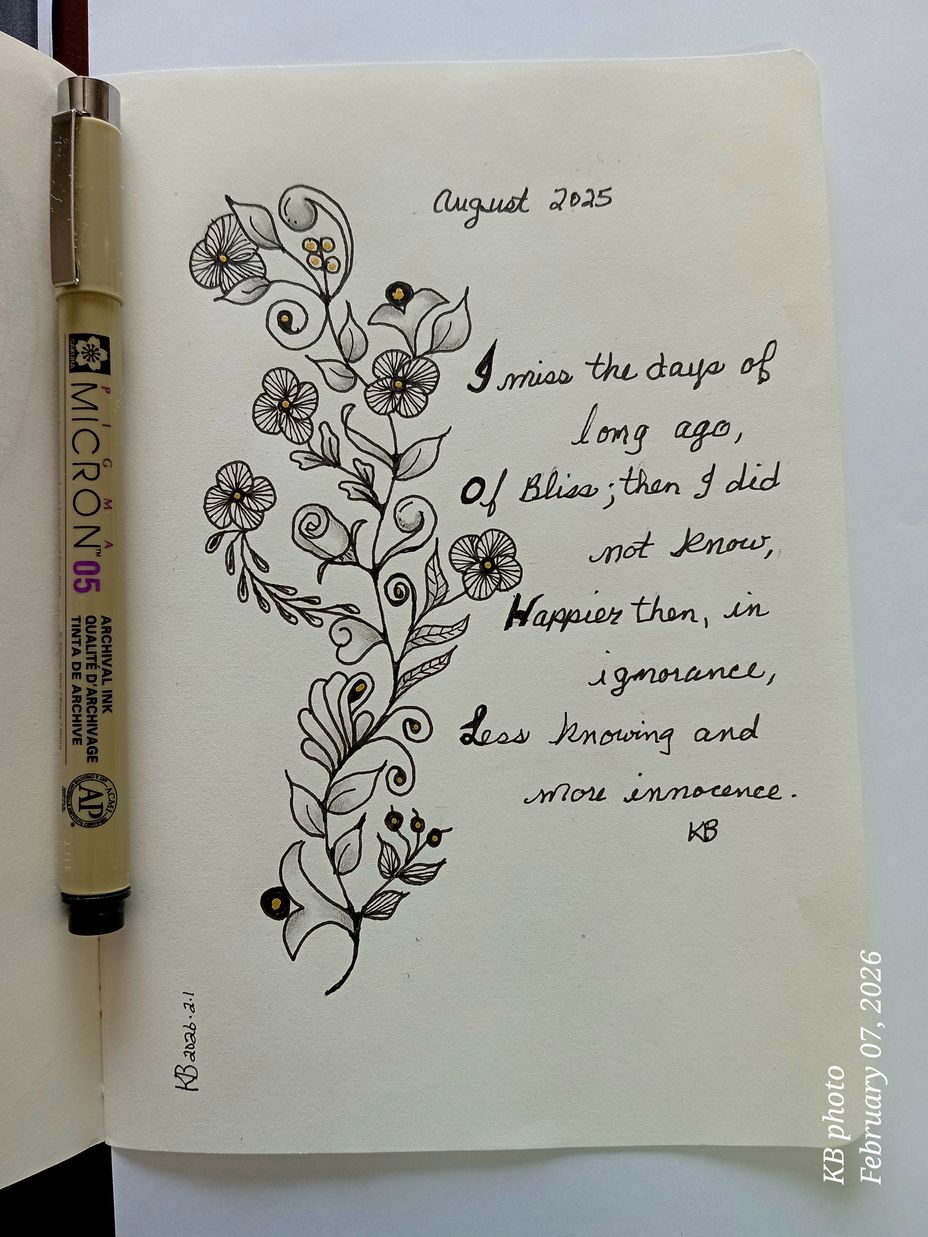I'm new here!
Hi, my name is CynthiaZ. I'm curious about the topic of loneliness. Will it affect our mental health, or is it a kind of mental illness? I'm glad to be here.
Hi, my name is CynthiaZ. I'm curious about the topic of loneliness. Will it affect our mental health, or is it a kind of mental illness? I'm glad to be here.
Hi, my name is LoneAngel62. I'm here because I hide my sad, lonely feelings. I put up blockers until I start to lash out at people. I have friends who don't want to be around me anymore because I get moody, defensive and take the blame for anything even though I know I'm not the blame. I find myself crying hours everyday when I'm alone. I'm in the middle of a divorce, I have medical health issues that caused me to retire from work. I have to have surgery on my ankle and foot next month. I hate being this way.
Do you ever feel like you're just too odd to fit anywhere? I'm single. I'm childless. I'm almost homebound. I am neurodivergent. I feel like there isn't a spot for me. I'm always trying to fit in to other's mold because there's not one for me.
It's a hard day of wishing I fit better. Wishing one of my labels was more common so I can have a safe place to be myself without having to fight for it.
I'm getting too tired to mask things. But others don't handle unfiltered me well.
Am I alone in this? What do you all do when it just feels like you're too much and not enough all at once?
#Depression #MentalHealth #DiabetesType1 #EhlersDanlosSyndrome #ChronicFatigueSyndrome #Fibromyalgia #PPPD #GastroesophagealRefluxDisease #IrritableBowelSyndromeIBS #AutonomicDysfunction #ADHD #InterstitialCystitis #Migraine #Grief

Made it a goal to read 12 books this year (which probably doesn't sound like many), but I'm already starting my 3rd one. My social life is practically nonexistent, so I've decided to lose myself in books. I'll be surpassing this goal, I'm sure. How do you cope with a lack of socialization and/or loneliness?
#MentalHealth #SocialAnxiety #Anxiety #Depression #ComplexPosttraumaticStressDisorder #PTSD #Trauma #ADHD #Autism #Loneliness #CheckInWithMe
Hi, I have depression. Thats really hard to admit at times. And ive been getting better, ive been getting help. If you have depression, there is hope. But its not a steady path. Today was really bad, and went back into some really bad patterns. But now I have people I can go to for help. And trust me, once you find those people, things become a world better. There's bumps in the road. Good days, and bad days alike. Look for the people who will help you heal, and who will heal with you. Its bumpy, but it doesnt have to be lonely.#Depression

Valentine’s Day is a reminder to honor compassionate relationships, whether romantic, platonic, and especially the one you have with yourself.
Because love is not just a feeling. It is a choice.
Love is connection.
Love is unity.
Love is strength wrapped in kindness.
Love is empathy without judging
Love is compassion towards the lonely
Love in the air ripples and becomes an epidemic that turns our round world into the shape of a sparkling heart.
Be that beacon of light and love to someone special, to a stranger, and to the beautiful person you see in the mirror.
🩷💖
-Danny “Dimples” Gautama J

Knowledge and experience can bring deep sadness... #Depression #Loneliness # chronic illness
I know I've got Pauley. I've got a friend about an hour away who I basically don't see anymore. I've got some online friends. But 90 percent of my day is spent refreshing pages hoping to connect with someone.